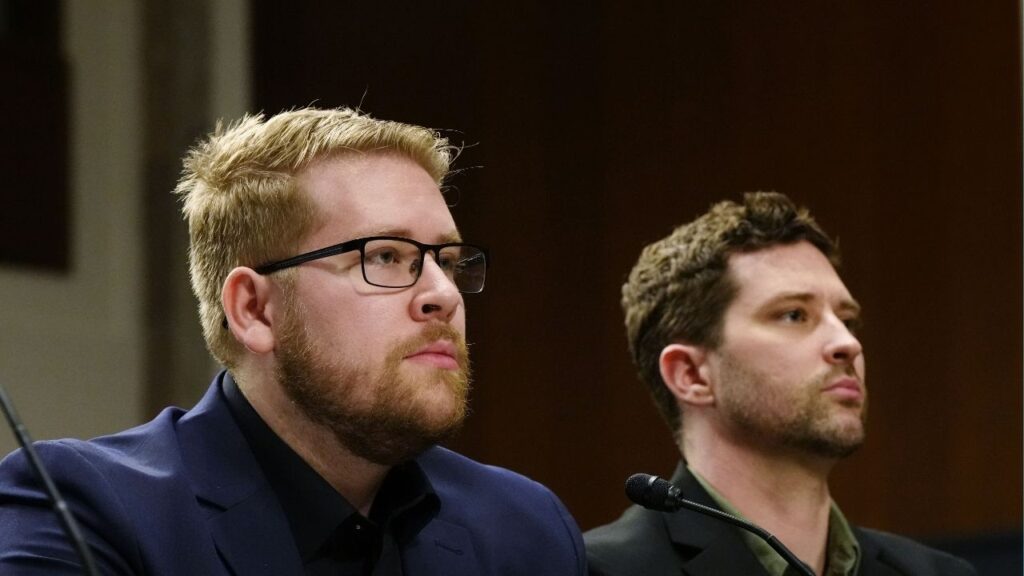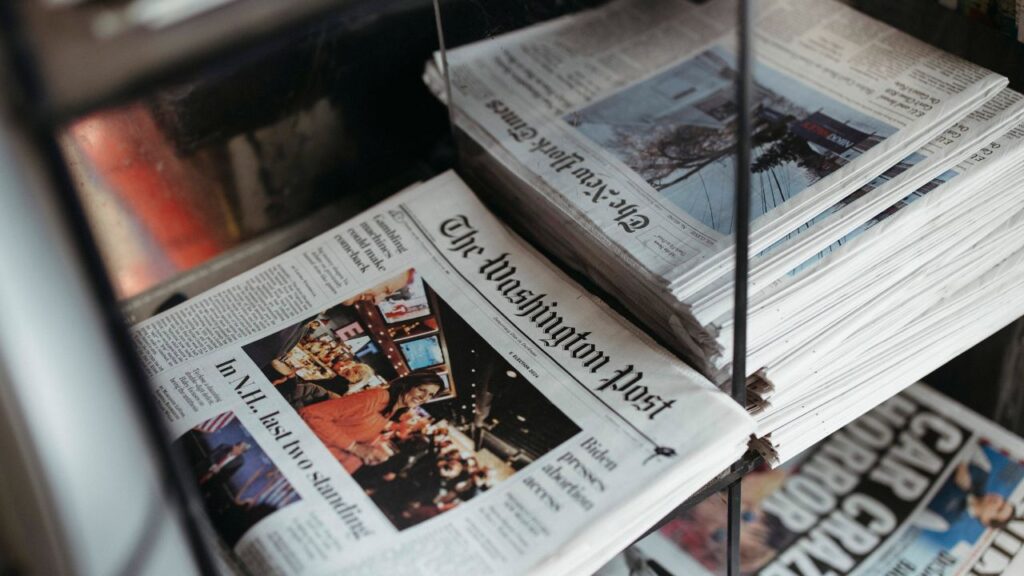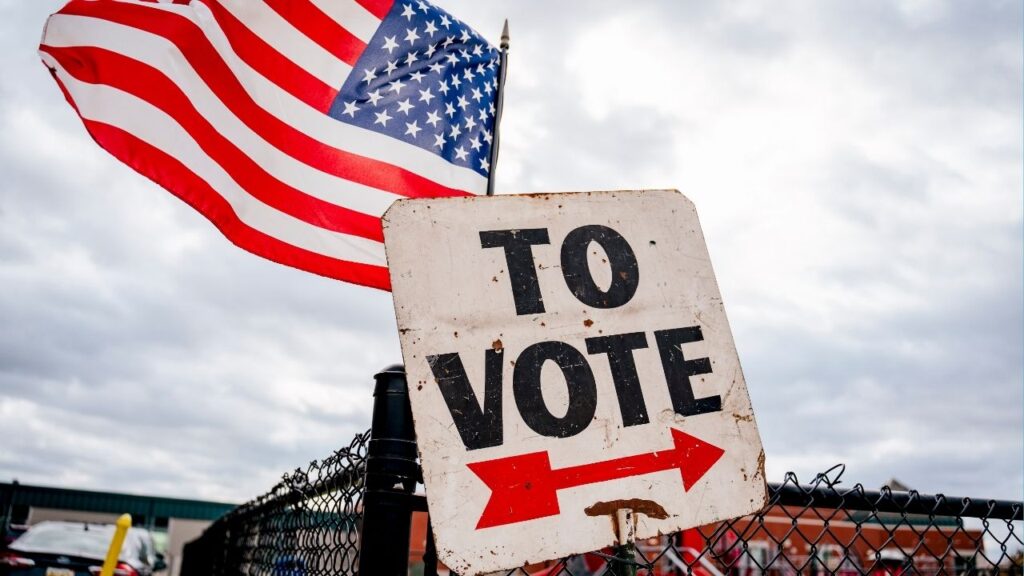The NCAA and the nation's five biggest conferences have agreed to pay nearly $2.8 billion to settle a host of antitrust claims, where they could start directing millions of dollars directly to athletes as soon as the 2025 fall semester. (AP/Michael Conroy, File)

- NCAA and the nation's five biggest conferences have agreed to pay $2.8 billion to settle a host of antitrust claims.
- Millions of dollars could start flowing directly to college athletes as soon as the 2025 fall semester.
Share
|
Getting your Trinity Audio player ready...
|
The NCAA and the nation’s five biggest conferences announced Thursday night that they have agreed to pay nearly $2.8 billion to settle a host of antitrust claims, a monumental decision that sets the stage for a groundbreaking revenue-sharing model that could start steering millions of dollars directly to athletes as soon as the 2025 fall semester.
NCAA President Charlie Baker along with the commissioners of the Atlantic Coast Conference, Big Ten, Big 12, Pac-12 and Southeastern Conference released a joint statement saying they had agreed to settlement terms. They called the move “an important step in the continuing reform of college sports that will provide benefits to student-athletes and provide clarity in college athletics across all divisions for years to come.”
Terms were not disclosed, though some details have emerged in the past few weeks. They signal the end of the NCAA’s bedrock amateurism model that dates to its founding in 1906. Indeed, the days of NCAA punishment for athletes driving booster-provided cars started vanishing three years ago when the organization lifted restrictions on endorsement deals backed by so-called name, image and likeness money.
The deal still must be approved by the federal judge overseeing the case and plaintiffs will have the opportunity to opt out or challenge terms of the agreement. If it stands, it will usher in the beginning of a new era in college sports where athletes are compensated more like professionals and schools can compete for talent using direct payments.
“There’s no question about it. It’s a huge quantum leap,” said Tom McMillen, the former Maryland basketball player and congressman who has led an association of collegiate athletic directors the past eight years.
Related Story: NCAA President Calls for Division I Tier Where Schools Can Pay Athletes
Looking Ahead to Future Seasons
Now it is not far-fetched to look ahead to seasons where star quarterbacks or top prospects on college basketball teams are not only cashing in big-money NIL deals but have six-figure school payments in the bank to play.
“This landmark settlement will bring college sports into the 21st century, with college athletes finally able to receive a fair share of the billions of dollars of revenue that they generate for their schools,” said Steve Berman, one of the lead attorneys for the plaintiffs. “Our clients are the bedrock of the NCAA’s multibillion-dollar business and finally can be compensated in an equitable and just manner for their extraordinary athletic talents.”
There are a host of details still to be determined, but the agreement calls for the NCAA and the conferences to pay $2.77 billion over 10 years to more than 14,000 former and current college athletes who say now-defunct rules prevented them from earning money from endorsement and sponsorship deals dating to 2016.
“Even though it was only because of the overwhelming legal pressure, the NCAA, conferences and schools are agreeing that college athletes should be paid,” said Ramogi Huma, a former UCLA football player and longtime advocate for college athletes. “And there’s no going back from there. That’s truly groundbreaking.”
Some of the money will come from NCAA reserve funds and insurance but even though the lawsuit specifically targeted five conferences that are comprised of 69 schools (including Notre Dame), dozens of other NCAA member schools will see smaller distributions from the NCAA to cover the mammoth payout.
Schools in the Big Ten, Big 12, ACC and SEC are likely to end up bearing the brunt of the settlement going forward at an estimated cost of about $300 million each over 10 years, the majority of which would be paid to directly to athletes.
“The settlement, though undesirable in many respects and promising only temporary stability, is necessary to avoid what would be the bankruptcy of college athletics,” said Notre Dame President Rev. John I. Jenkins.
Paying Athletes
In the new compensation model, each school will be permitted but not required to set aside up to $21 million in revenue to share with athletes per year, though as revenues rise so could the cap.
Athletes in all sports would be eligible for payments and schools would be given the freedom to decide how that money is divvied up among sports programs. Scholarship limits by sport will be replaced by roster restrictions.
Whether the new compensation model is subject to the Title IX gender equity law is unknown along with whether schools will be able to bring NIL activities in-house as they hope and squeeze out the booster-run collectives that have sprouted up in the last few years to pay athletes. Both topics could lead to more lawsuits.
The Case
The class-action federal lawsuit at the center of the settlement, House v. the NCAA, was set to go to trial in January. The complaint, brought by former Arizona State swimmer Grant House and Sedona Prince, a former Oregon and current TCU basketball player, said the NCAA, along with the five wealthiest conferences, improperly barred athletes from earning endorsement money.
The suit also argued that athletes were entitled to a piece of the billions of dollars the NCAA and those conferences earn from media rights agreements with television networks.
Amid political and public pressure, and facing the prospect of another court loss that some in college sports claimed could reach $20 billion in damages, NCAA and conference officials conceded on what has long been a core principal of the enterprise: that schools don’t directly pay the athletes to play beyond a scholarship.
That principle has been dented numerous times over the last decade. Notably, the Supreme Court unanimously ruled against the NCAA in 2021 in a case related to education-related benefits.
The narrow focus of the Alston case didn’t collapse the collegiate sports system, but the strong rebuke of the NCAA’s model of amateurism flung the door open to more lawsuits. Justice Brett Kavanaugh, a former Yale athlete, put it bluntly: “The bottom line is that the NCAA and its member colleges are suppressing the pay of student athletes who collectively generate billions of dollars in revenues for colleges every year.”
The Other Cases
The settlement is expected to cover two other antitrust cases facing the NCAA and major conferences that challenge athlete compensation rules. Hubbard vs. the NCAA and Carter vs. the NCAA are also currently in front of judges in the Northern District of California.
A fourth case, Fontenot vs, NCAA, creates a potential complication as it remains in a Colorado court after a judge denied a request to combine it with Carter. Whether Fontenot becomes part of the settlement is unknown and it matters because the NCAA and its conferences don’t want to be on the hook for more damages should they lose in court.
“We’re going to continue to litigate our case in Colorado and look forward to hearing about the terms of a settlement proposal once they’re actually released and put in front of a court,” said George Zelcs, a plaintiffs’ attorney in Fontenot.
College Athletics Overhaul
The solution agreed to in the settlement is landmark, but not surprising. College sports has been trending in this direction for years, with athletes receiving more and more monetary benefits and rights they say were long overdue.
In December, Baker, the former Massachusetts governor who has been on the job for 14 months, proposed creating a new tier of Division I athletics where the schools with the most resources would be required to pay at least half their athletes $30,000 per year. That suggestion, along with many other possibilities, remain under discussion.
The settlement does not make every issue facing college sports go away. There is still a question of whether athletes should be deemed employees of their schools, something Baker and other college sports leaders are fighting against.
Some type of federal legislation or antitrust exemption is likely still needed to codify the terms of the settlement, protect the NCAA from future litigation and pre-empt state laws that attempt to neuter the organization’s authority. As it is, the NCAA is still facing lawsuits that challenge its ability to govern itself, including setting rules limiting multiple-time transfers.
“This settlement is also a road map for college sports leaders and Congress to ensure this uniquely American institution can continue to provide unmatched opportunity for millions of students,” the joint statement said. “All of Division I made today’s progress possible, and we all have work to do to implement the terms of the agreement as the legal process continues. We look forward to working with our various student-athlete leadership groups to write the next chapter of college sports.”
Federal lawmakers have indicated they would like to get something done, but while several bills have been introduced, none has gone anywhere.
Despite the unanswered questions, one thing is clear: Major college athletics is about to become more like professional sports than ever before.
RELATED TOPICS:
Categories
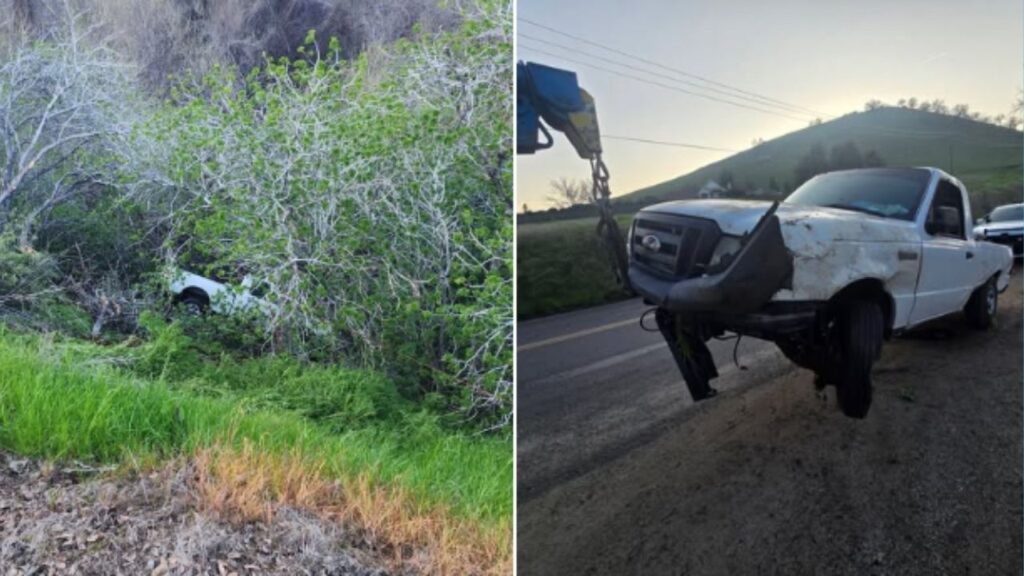
Driver Walks Away Unharmed After Solo Crash East of Porterville
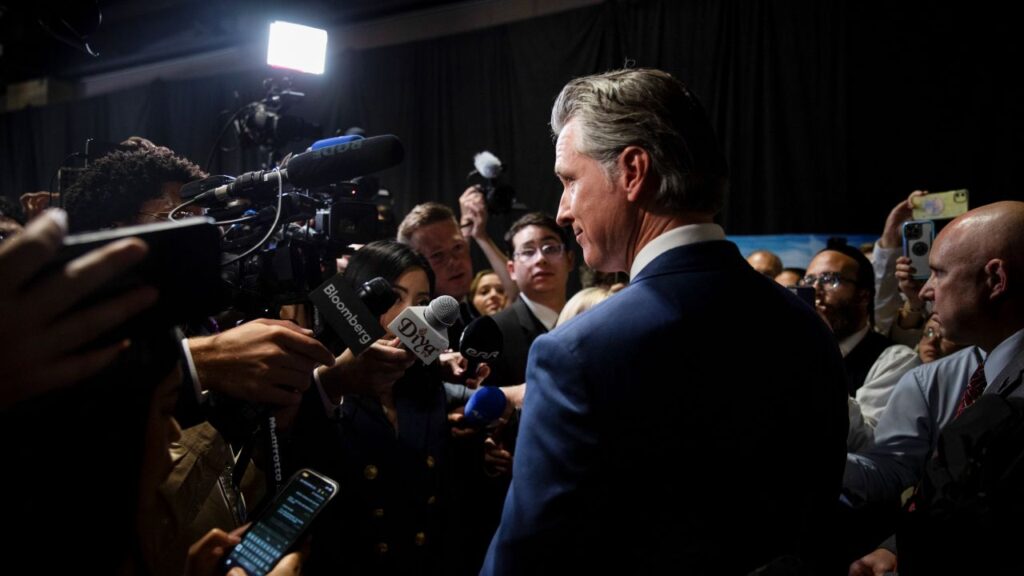
Will Gavin Newsom Be the Democrats’ Next Mistake?
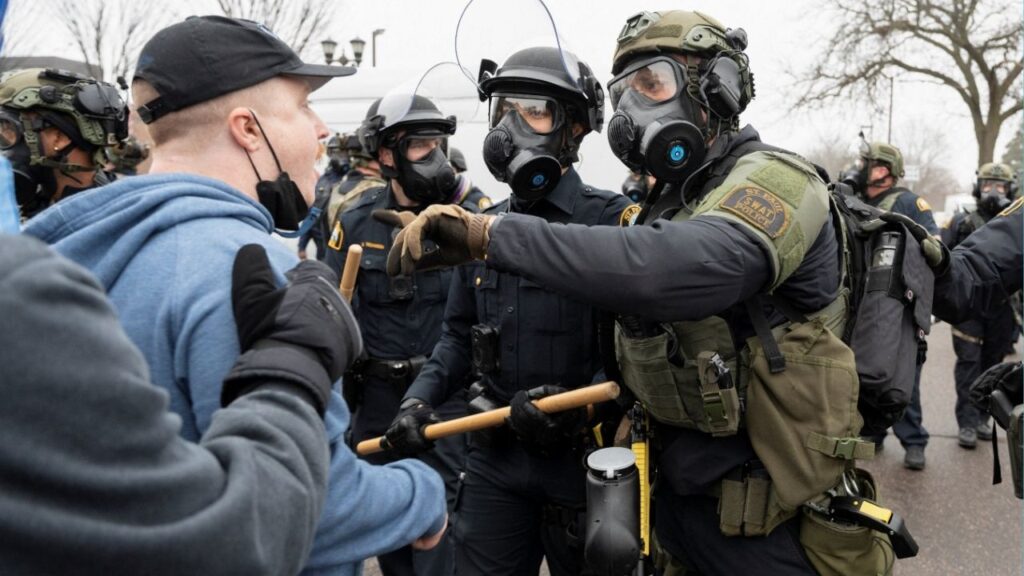
Trump to ‘Draw Down’ 700 Immigration Agents in Minnesota
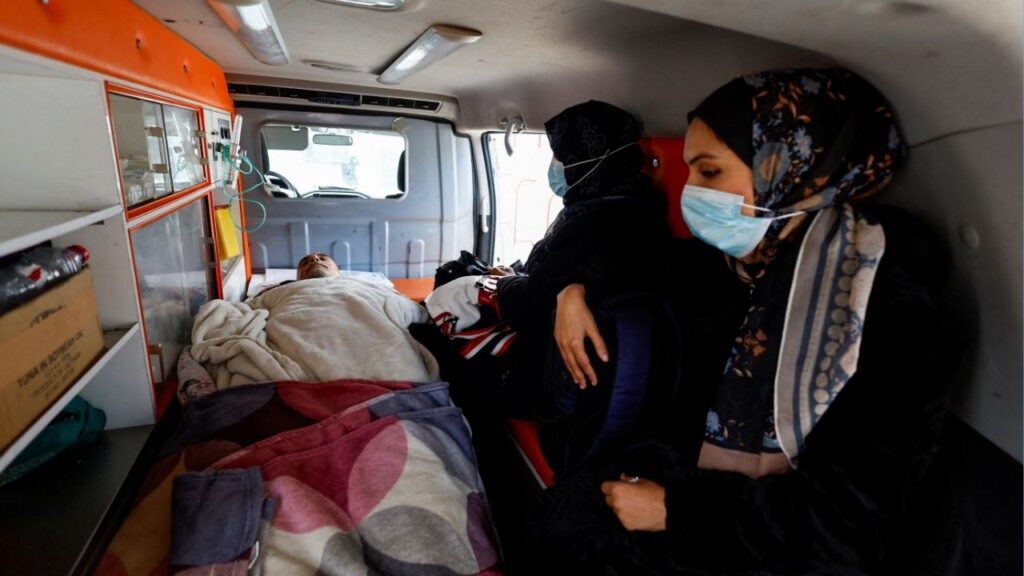
Israeli Strikes Kill 23 in Gaza, Health Officials Say

Two Chinese Journalists Are Detained for Reporting on Corruption
